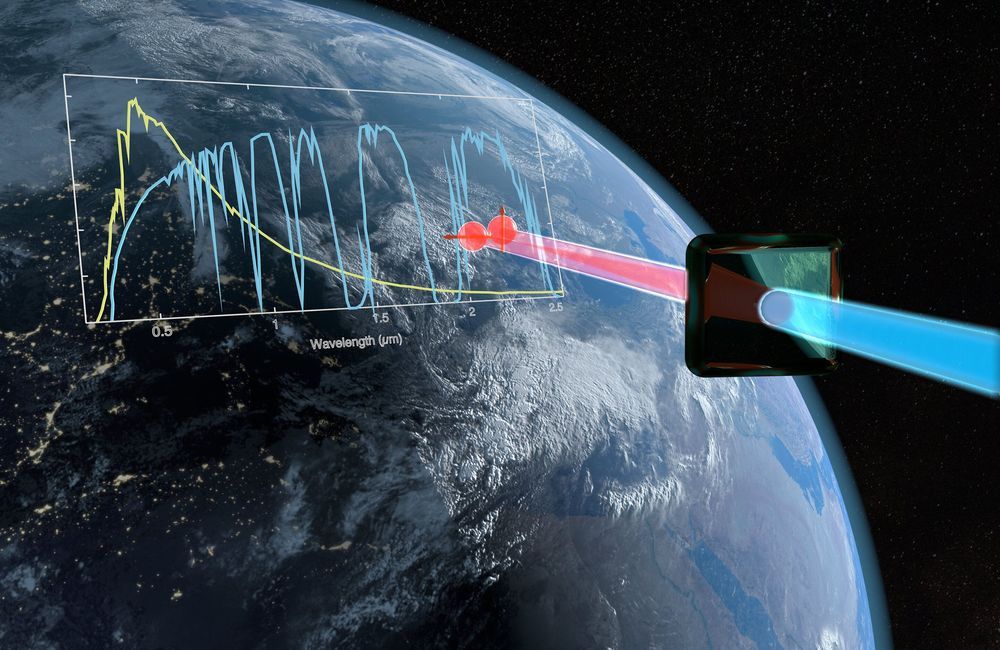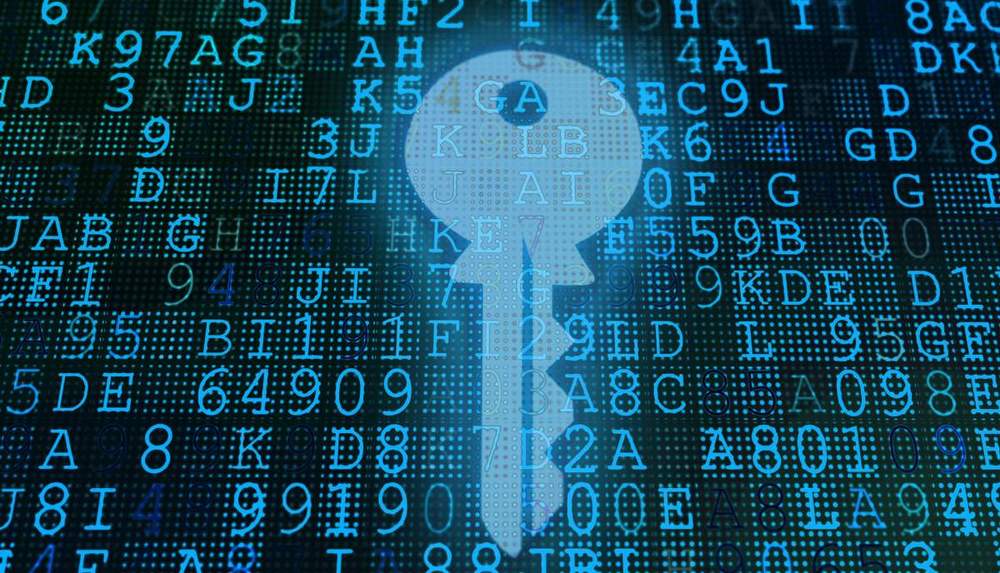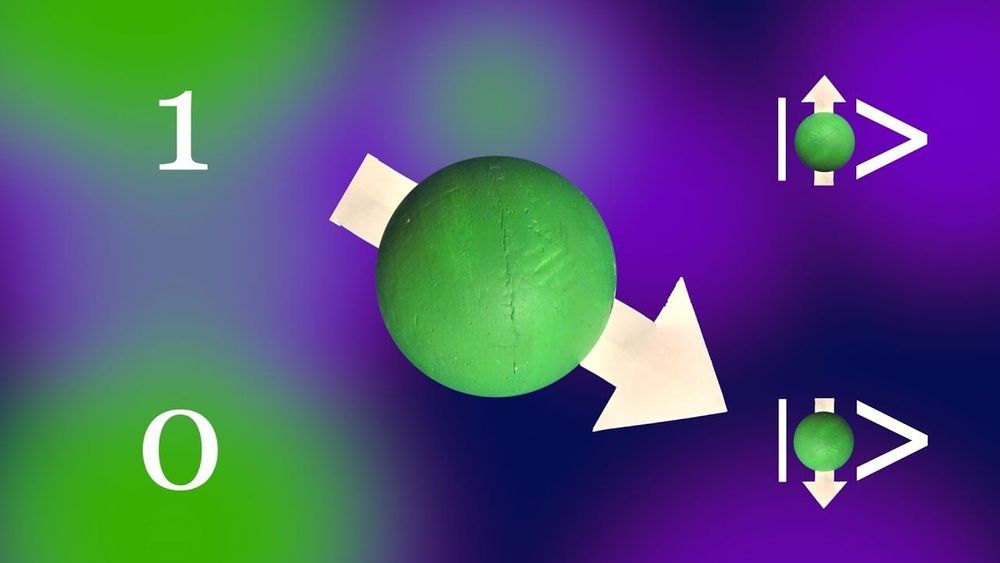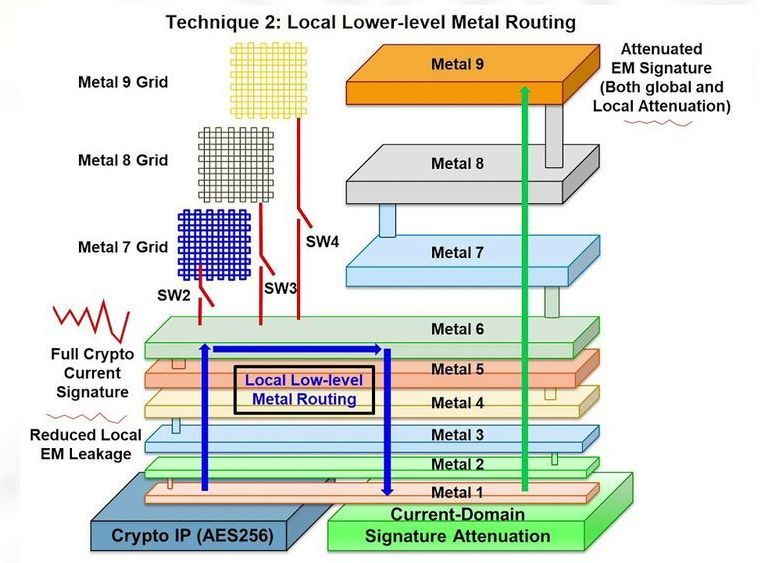Mar 30, 2020
Physicists develop new photon source for tap-proof communication
Posted by Quinn Sena in categories: encryption, quantum physics, space
An international team with the participation of Prof. Dr. Michael Kues from the Cluster of Excellence PhoenixD at Leibniz University Hannover has developed a new method for generating quantum-entangled photons in a spectral range of light that was previously inaccessible. The discovery can make the encryption of satellite-based communications much more secure in the future.
A 15-member research team from the U.K., Germany and Japan has developed a new method for generating and detecting quantum-entangled photons at a wavelength of 2.1 micrometers. In practice, entangled photons are used in encryption methods such as quantum key distribution to completely secure telecommunications between two partners against eavesdropping attempts. The research results are presented to the public for the first time in the current issue of Science Advances.
It has been regarded as technically possible to implement encryption mechanisms with entangled photons in the near-infrared range of 700 to 1550 nanometers. However, these shorter wavelengths have disadvantages, especially in satellite-based communication. They are disturbed by light-absorbing gases in the atmosphere as well as the background radiation of the sun. With existing technology, end-to-end encryption of transmitted data can only be guaranteed at night, but not on sunny and cloudy days.

















